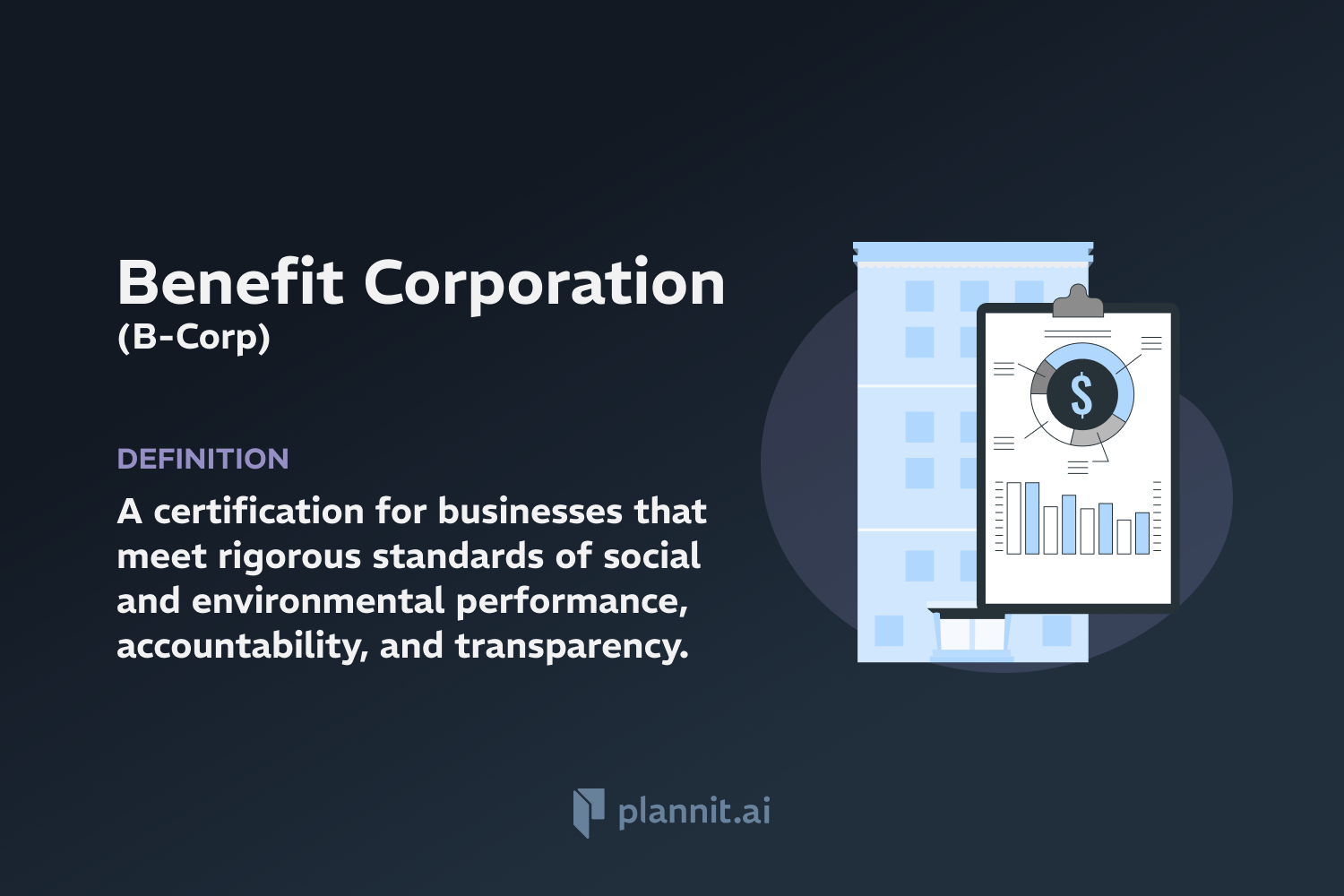Need Help With Your Business Plan?
Answer tailored questions and get a detailed business plan in minutes.
Income Statement: Definition & In-Depth Explanation
Definition:
Income Statement, also known as a profit and loss statement, is a financial report that summarizes the revenues, costs, and expenses incurred during a specific period, typically a fiscal quarter or year. This statement provides insight into a company's ability to generate profit by increasing revenue, reducing costs, or both.
Context of Use:
The income statement is fundamental in financial accounting and is used by stakeholders such as investors, creditors, and management to assess a company’s financial performance and profitability over time. It is one of the core financial statements alongside the balance sheet and cash flow statement.
Purpose:
The primary purpose of the income statement is to convey the profitability and operational efficiency of a company. It helps stakeholders understand how revenue is transformed into net income, providing a basis for financial analysis and decision-making.
Example:
Retail Company: An income statement for a retail company would highlight total sales, cost of goods sold, gross margin, and various operational expenses.
Manufacturing Firm: For a manufacturing firm, the income statement would detail production costs, operational expenses, and the cost efficiencies of production processes.
Related Terms:
Revenue: The total income generated from normal business operations.
Expenses: The costs incurred in the effort to generate revenue.
Gross Profit: The profit a company makes after deducting the costs associated with making and selling its products, or the costs associated with providing its services.
FAQs:
1. What are the main components of an income statement?
A: The main components include revenue, cost of goods sold (COGS), gross profit, operating expenses, and net income.
2. How often are income statements prepared?
A: Typically, income statements are prepared quarterly and annually.
3. What is the difference between an income statement and a balance sheet?
A: The income statement shows financial performance over a period of time, whereas the balance sheet provides a snapshot of a company's assets, liabilities, and equity at a specific point in time.
4. Can income statements reveal trends in business performance?
A: Yes, analyzing multiple periods of income statements can help identify trends in revenue growth, expense management, and overall profitability.
5. What role does depreciation play on an income statement?
A: Depreciation spreads the cost of an asset over its useful life and is recorded as an expense on the income statement, impacting the net income.
Get funding with a business plan that will impress investors.
Starting a New Business?



